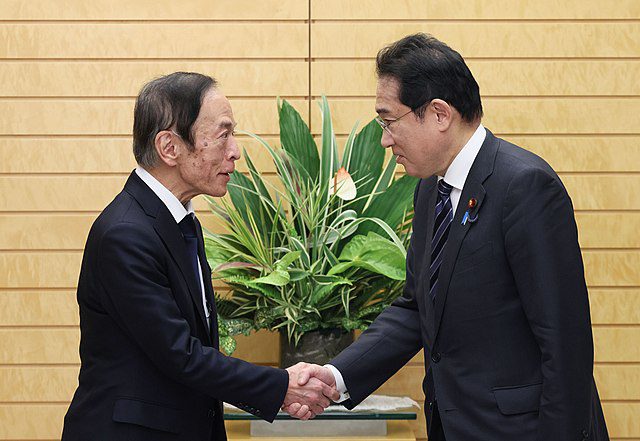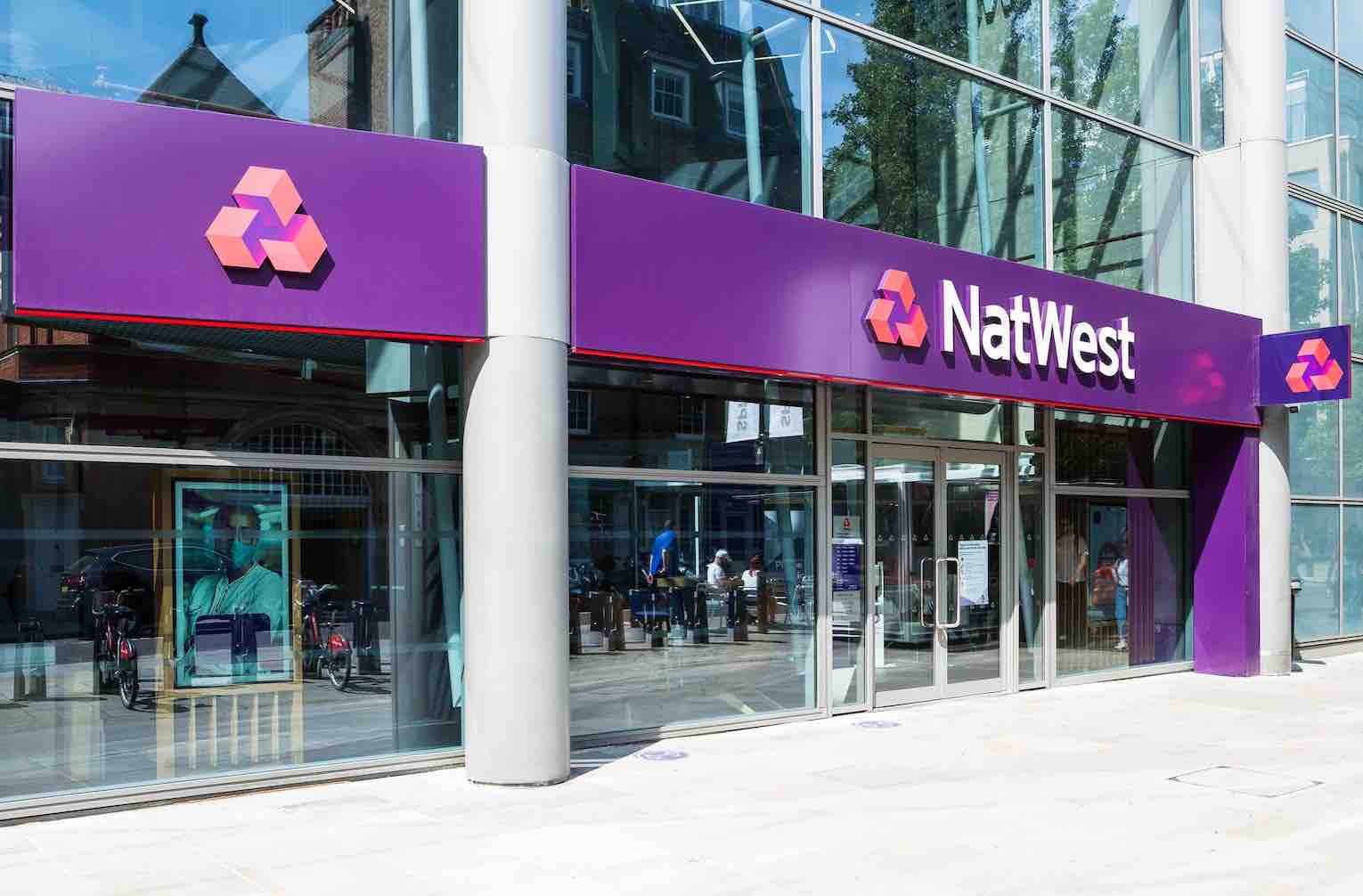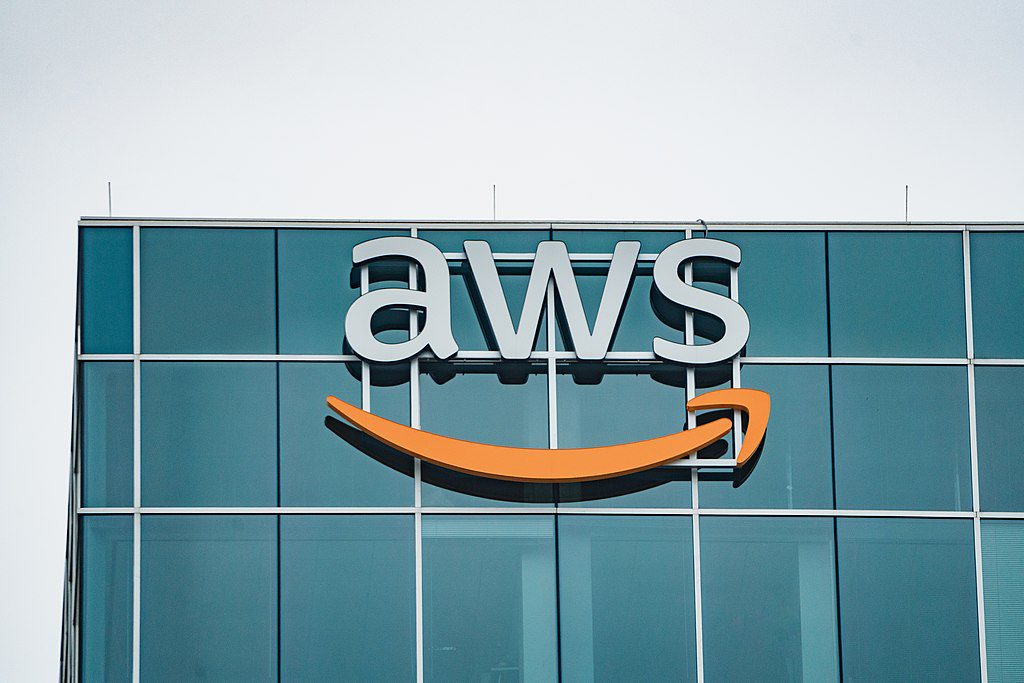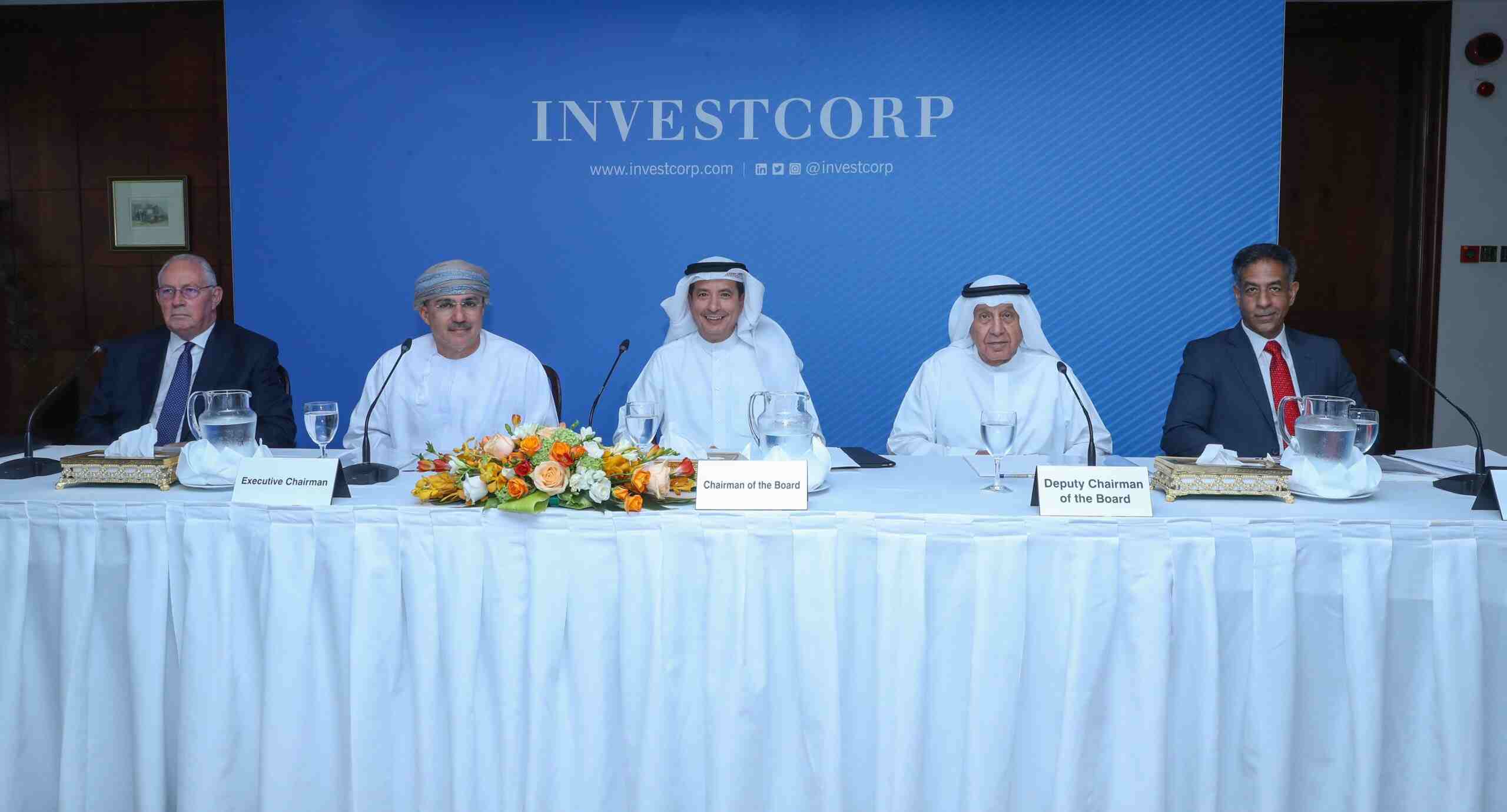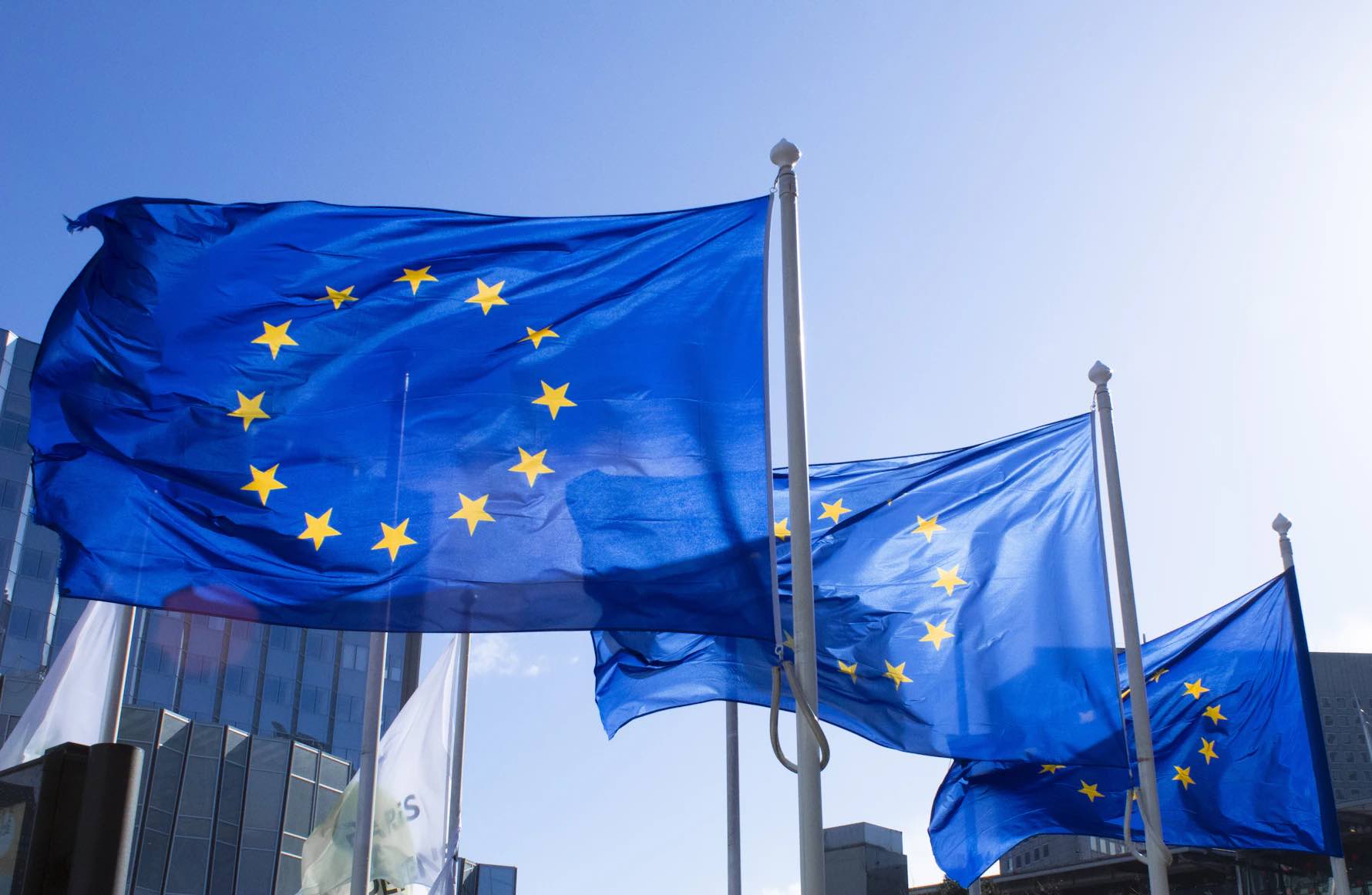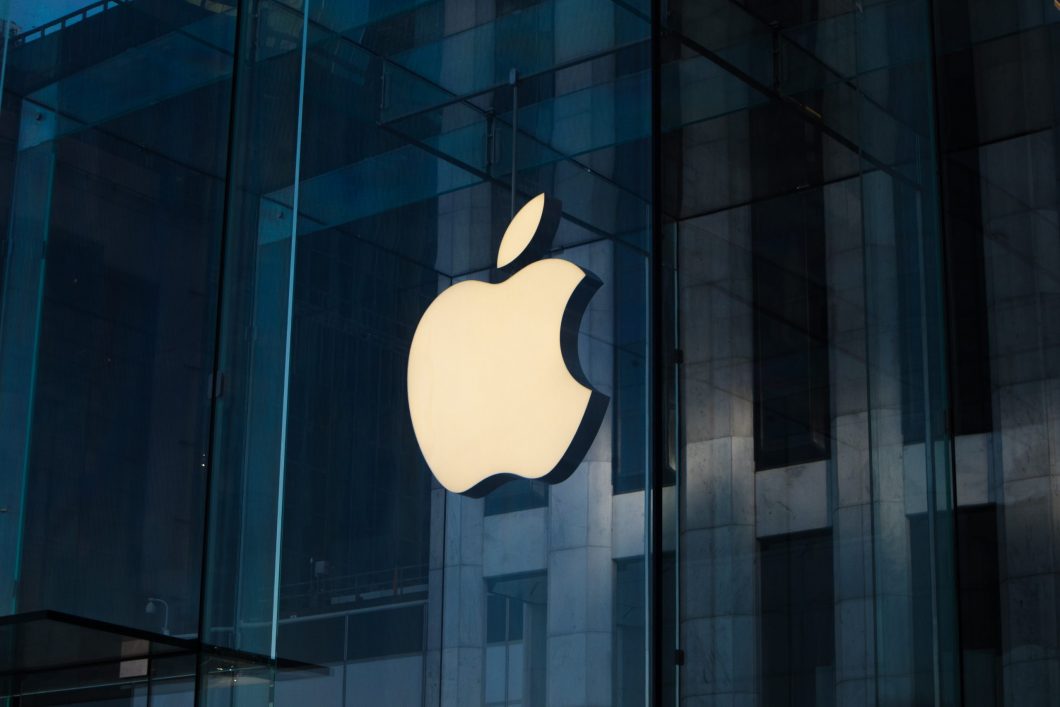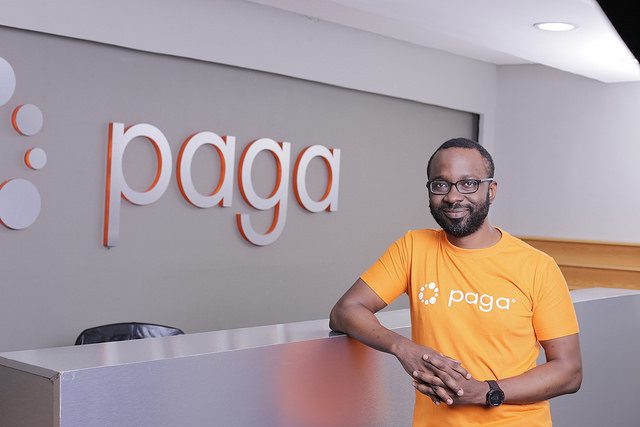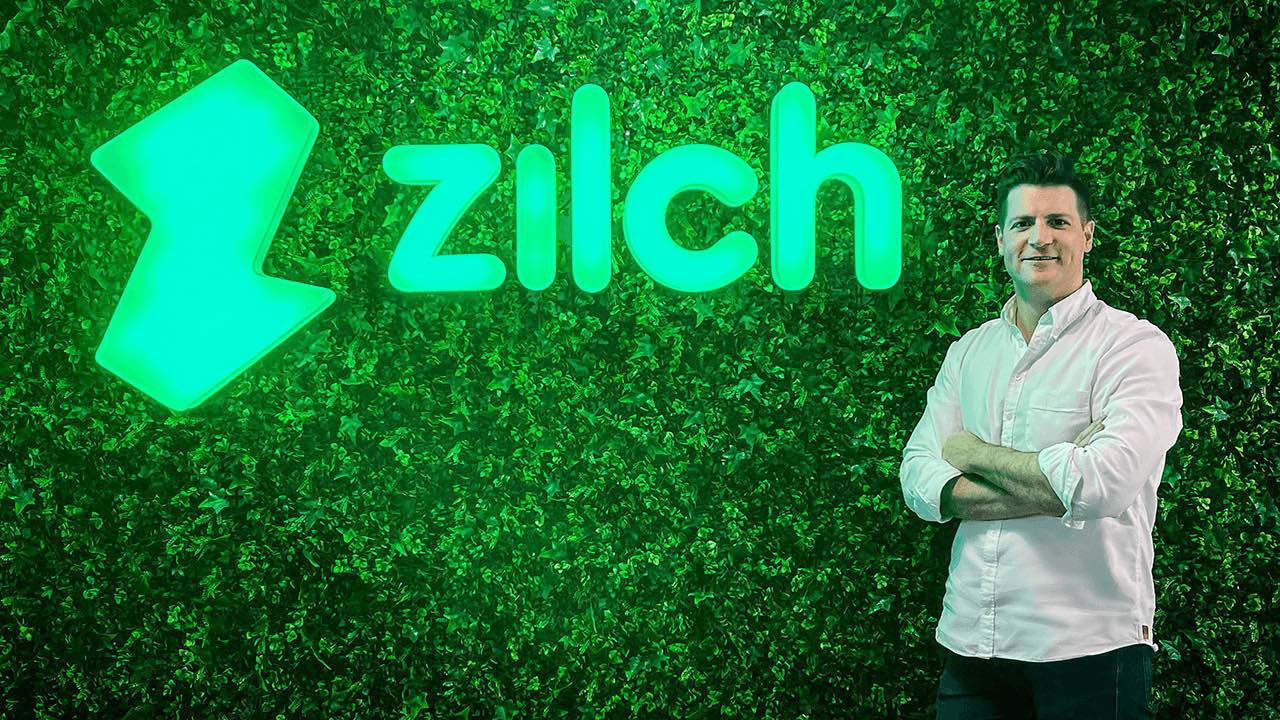Main Menu
- Top News
-
Microsoft and Alphabet Post Strong Revenue Growth
April 26, 2024 -
Bank of Japan Maintains Low-Interest Policy
April 26, 2024 -
Yen Volatility Raises Risk of Japanese Government Intervention
April 26, 2024 -
NatWest Group Reports 28% Drop in Q1 Profits
April 26, 2024 -
Amazon Web Services to Invest $11 Billion in Indiana
April 26, 2024
- Regions
- Banking
-
Bank of Japan Maintains Low-Interest Policy
April 26, 2024 -
NatWest Group Reports 28% Drop in Q1 Profits
April 26, 2024 -
National Bank of Iraq Goes Live with Temenos
April 25, 2024 -
Deutsche Bank Shares Hit Six-Year High
April 25, 2024 -
Lloyds Sees Profits Fall Amid Increased Mortgage Competition
April 24, 2024
- Investment
-
Microsoft and Alphabet Post Strong Revenue Growth
April 26, 2024 -
NatWest Group Reports 28% Drop in Q1 Profits
April 26, 2024 -
Amazon Web Services to Invest $11 Billion in Indiana
April 26, 2024 -
Nasdaq Revenue Soars on Fintech Demand
April 25, 2024 -
China and Bahrain’s Investcorp Launch $1bn Fund
April 25, 2024
- Infrastructure
-
Amazon Web Services to Invest $11 Billion in Indiana
April 26, 2024 -
Fuel Infrastructure Investment Crucial for Africa’s Energy Security
April 23, 2024 -
EU Agency Calls for Proposals for Key Energy Projects
April 18, 2024 -
Apple Set to Go Cleaner With Ambitious 2030 Goals
April 18, 2024 -
Oil prices fall amid economic headwinds
April 17, 2024
- Tech
-
Nigerian Fintech Paga Surpasses N14 Trillion in Transactions
April 26, 2024 -
Mastercard initiates key upgrades to existing platforms
April 26, 2024 -
Revolut Aims for 40% Increase in Global Workforce by End of 2024
April 26, 2024 -
Flutterwave taps Acquired.com to serve UK and EU cardholders
April 26, 2024 -
Zilch Partners with AWS to Accelerate AI Innovation
April 26, 2024
- Featured
-
Telepin: Empowering the Unbanked Through Innovation
March 29, 2024 -
Libertex: Once a Leader, Always a Leader
March 28, 2024 -
MaxFinance: Credit Intermediation Specialists
March 28, 2024 -
Pioneering sustainable horizons: Atlas Renewable Energy’s journey
March 28, 2024 -
Banco Promerica: delivering an outstanding customer experience
March 28, 2024
- Videos
- Subscribe
- Magazine
- Awards
-

